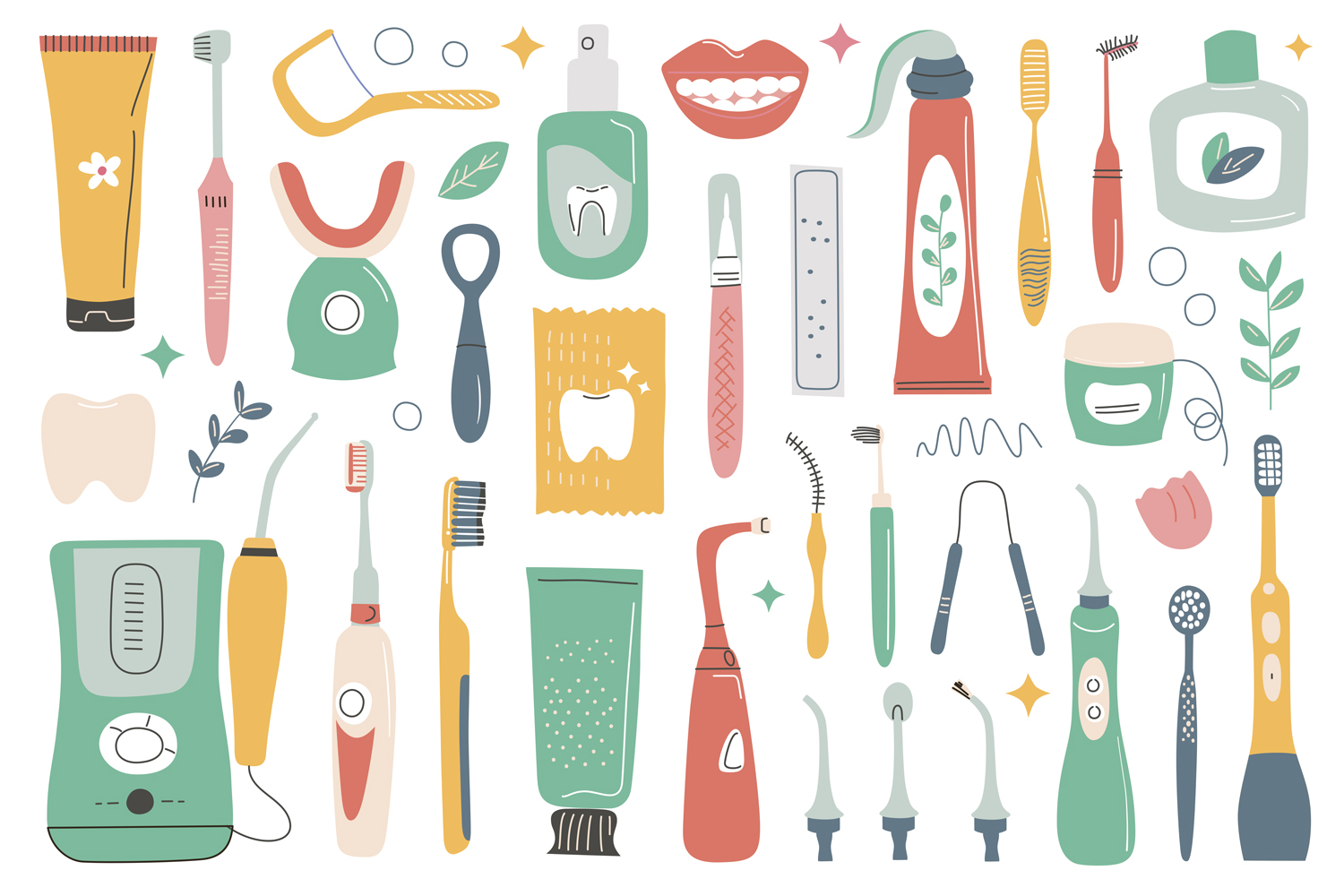
5 minute read
A DENTAL HYGIENIST’S PERSPECTIVE
Takapuna dental hygienist Nova Edgcombe explains the link between the health of your mouth and the management of diabetes.
When you have diabetes, your body struggles to fight infection due to high blood glucose weakening your immune system. In the mouth, this vulnerability makes it easy for bacteria to cause gum disease.
Gum disease starts with gingivitis, the medical term for swollen and bleeding gums. With proper care, gingivitis is reversible. However, if left untreated, it can worsen into periodontitis, a more serious gum infection that damages not only the gums but the bone around your teeth and, if left untreated, can lead to the loss of teeth. The ensuing inflammation of the gums also raises blood glucose levels, pulling you into a vicious cycle. On top of this, as well as impacting diabetes, periodontitis is also a risk factor for heart and lung diseases, likely due to the chronic inflammation it causes.
Understanding the link between diabetes and gum disease can help you manage both conditions more effectively. By following these tips, you can protect your oral health and make diabetes easier to control.
A REAL-LIFE EXAMPLE
I see patients with all types of diabetes every day. One of my patients had both diabetes and severe gum disease. Chewing was painful for them, and they felt embarrassed to speak because of bad breath. Their treatment required multiple cleaning sessions to remove the hard deposits and bacteria from under the gums, which couldn’t be taken care of at home. We also used advanced equipment such as ultrasonic scalers, air powder polishers, and a laser to promote healing and reduce harmful bacteria. After staining was removed, we coached them on personalised brushing and interdental cleaning techniques.
As they improved their diabetes management, they were able to chew comfortably again, their breath improved, and it became easier to manage their blood sugar.
SIMPLE TIPS TO PROTECT YOUR ORAL HEALTH
CONTROL blood glucose levels: Keeping levels in check is key to preventing gum disease.
PRIORITISE oral hygiene as it is essential to a healthy, pain-free mouth.
BRUSH twice a day using a fluoride toothpaste and a soft-bristle toothbrush. To make brushing more enjoyable, put on your favourite song and brush for the entire duration – this will help you reach the recommended two minutes. Practice mindfulness while brushing by staying present and focusing on cleaning each surface, rather than letting your mind wander.
FLOSS daily: If flossing is challenging, try using interdental brushes instead—they’re excellent for cleaning between teeth. This step is essential because it removes the 40% of plaque that your toothbrush can’t reach.
USE specialised gels and mouthwash: Some diabetes medications can cause dry mouth, which heightens the risk of cavities and gum disease. Ask your doctor, dentist, or dental hygienist about gels that can help maintain moisture in your mouth. Dry mouth is a result of reduced saliva flow, and this flow plays a key role in washing away food particles and neutralising acids that cause cavities, bad breath, and gum disease.
VISIT your dental hygienist regularly. You don’t have to wait a whole year between visits. As a dental hygienist, my primary role is to prevent dental issues before they start, catching potential problems in their early stages and reducing the risk of painful treatments due to inflamed tissues. Consider scheduling cleanings every six to eight months, as this makes it easier to remove deposits early.
AVOID smoking: Smoking worsens gum disease and makes diabetes harder to manage. If you smoke, consider talking to your doctor about quitting – it will greatly improve your health.
EAT: A healthy balanced diet helps both your mouth and your diabetes. Fibre-rich fruits and vegetables require more chewing, and this action cleans the surface of your teeth. Veges also stimulate the flow of saliva, which helps to scrub away food particles and bacteria. If you crave sugary snacks, try to follow them with fresh veggies like celery or carrots to clean your teeth naturally.
DRINK: Stay hydrated. Water is the best as it helps produce saliva, which keeps your mouth clean, moist, and healthy.
MANAGE: Stress can raise your blood sugar and affect your gums. It can also easily lead to the neglecting of oral hygiene routines, as well as other healthy habits, which can worsen gum disease. Practice some relaxation techniques such as deep breathing, yoga, moving around outside, or getting involved in hobbies you enjoy.
As a dental hygienist with over 20 years’ experience, Nova has witnessed firsthand how maintaining good oral hygiene can have a significant impact on controlling diabetes.

With over 20 years of experience, Nova Edgcombe is the founder of Mint Dental Hygiene, a direct access dental hygiene clinic in Takapuna. She has collaborated with leading cosmetic dentists, periodontists, and holistic dental clinics in both New Zealand and the UK. Nova integrates advanced treatments – such as nonsurgical periodontal care, implant maintenance, and diode laser therapy – with a holistic approach that highlights the connection between oral and overall health.









